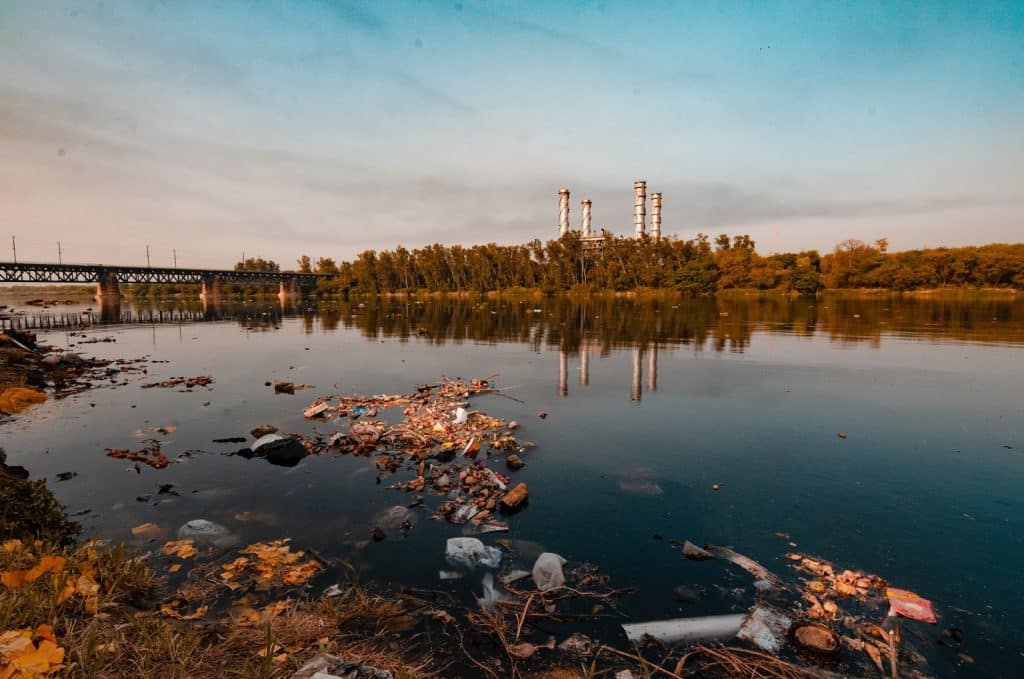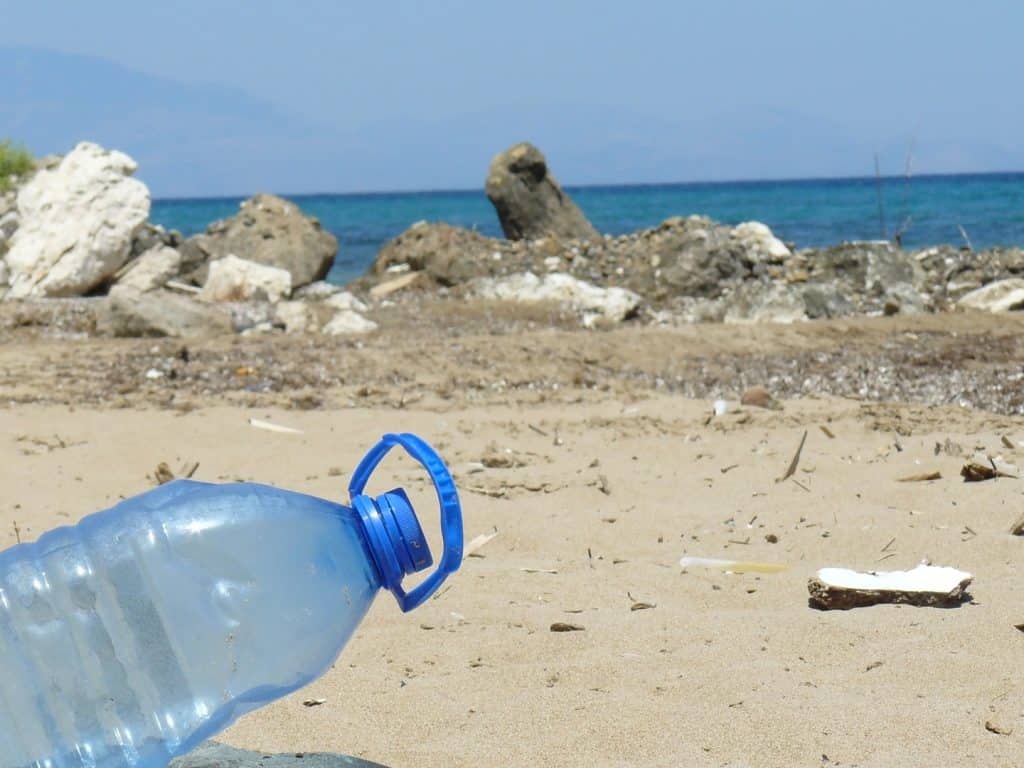A company which handles hazardous waste has agreed a pollution enforcement undertaking with the regulator. The company made a payment of £25,000 to an environmental charity following the contamination of groundwater at its site.
Augean South Limited of Stamford Road, Kings Cliffe, Northamptonshire also paid £11,058.90 to cover the costs of the Environment Agency investigation.
The discharge in 2020 had a short-term impact on wildlife and saw some amphibian species decline but populations recovered by the following summer. Vegetation also naturally improved after the pollution.
Routine inspections in March 2020, detected high levels of chemicals in the groundwater adjacent to the treatment centre at East Northants Resource Management Facility. The site is operated by Augean South Limited.
After performing further tests, Augean notified the Environment Agency. Officers concluded Augean had negligently exceeded its environmental permits, contrary to regulations 12(1)(b) and 38(1)(a) of the Environmental Permitting (England and Wales) Regulations 2016.
The Environment Agency accepted an Enforcement Undertaking submitted by Augean.
Enforcement undertakings are one of the civil sanctions available to the Environment Agency, enabling the wrongdoer to put right the situation and compensate for any environmental harm.
As part of this agreement, Augean donated £25,000 to the Rockingham Forest Trust, a local charity which promotes environmental projects in Northamptonshire.
It is believed that heavy rainfall during the winter and subsequent storms contributed to the chemical discharge.
The Environment Agency was satisfied Augean took appropriate action to resolve the situation. The company had acted in a timely manner to remove and clean the affected land, whilst continuing to monitor the groundwater and soil. There have been no similar incidents since at the waste facility.
Enforcement undertaking
An Enforcement Undertaking is a voluntary offer made by an offender to:
- put right the effects of their offending
- put right the impact on third parties
- make sure the offence cannot happen again
Where the Environment Agency accepts the offer, it becomes a legally binding agreement between the Agency and the business or person who makes the offer. The regulator will only consider accepting an enforcement undertaking in cases where:
- it is not in the public interest to prosecute
- the offer itself addresses the cause and effect of the offending
- the offer protects, restores or enhances the natural capital of England
The Environment Agency publishes details of all enforcement undertakings on its website.

The Agency is more likely to accept offers when they are offered early and proactively. Generally, the regulator will only consider accepting an enforcement undertaking offer when:
- they are confident the terms of the enforcement undertaking will be complied with
- they believe a breach of relevant legislation has occurred
- they consider the enforcement undertaking to be the correct regulatory outcome taking into account (i) the nature of the offence and its impact, and (ii) other forms of enforcement available, to remedy the issues concerned, to the environment and the community
- the offer is above what the company would normally need to do to comply
- the offer is given in good faith
- the offeror makes a positive commitment, at the right company level to stop the offending conduct or alleged breach and to maintain compliance
- the offeror rectifies the consequences of the conduct, including interacting with any third party affected by the offence
- the offer does not contain restrictions on how the Agency may publish its acceptance in cases involving pollution of the environment or harm to human health and it is demonstrated that any necessary remediation or restoration work commenced or will commence at the earliest opportunity.
There are a number of situations where the Agency will not accept an enforcement undertaking for example, incidents or breaches which are serious (category 1 and 2) unless low culpability or negligence at a low level. Where legal proceedings have commenced or where the offence was intentional then the Agency are unlikely to accept enforcement undertakings. For this reason, where a company is considering offering an enforcement undertaking it should be made at a very early stage and it must not include clauses denying liability or restrictions on publicity.
Once an offer has been accepted, it becomes a legally binding written agreement between the offeror and the Environment Agency. If the enforcement undertaking is not complied with then the Environment Agency can take enforcement action which can include prosecution for the original offence.
If you require environmental advice for your business, please contact one of the Ashbrooke team.


